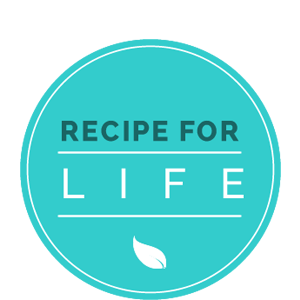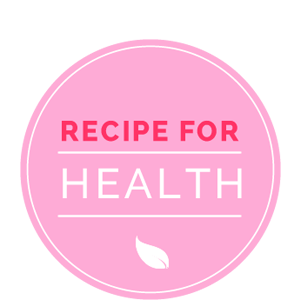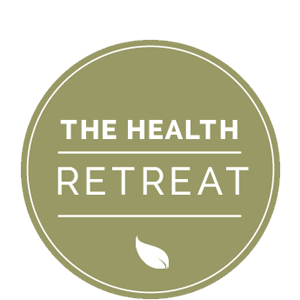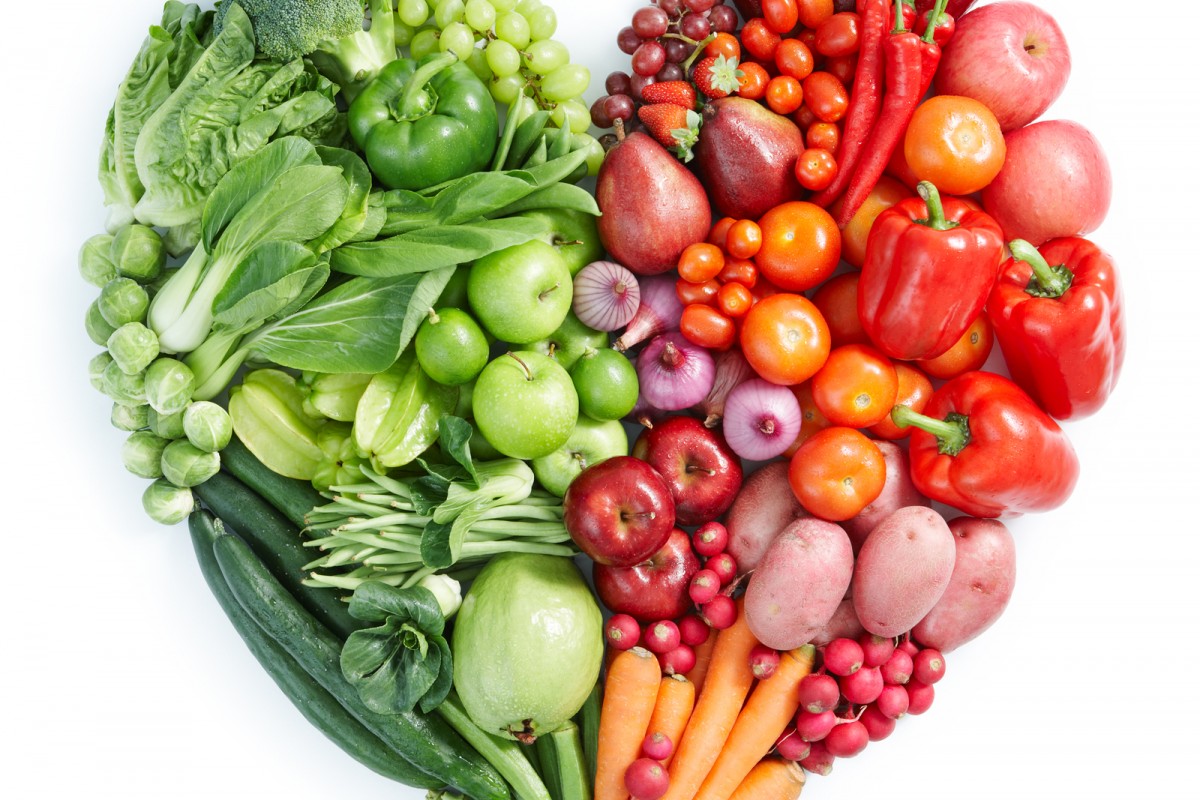Christmas celebrations are great fun at the time, but there is always an element of regret over how much extra we ate and drank and how bloated and overweight we might be feeling once all the festive moments are over. Eat, drink and be merry, they say, and of course that’s exactly what we do! So why are we surprised when we pop onto the scales and see that weight has been gained?
Studies have shown that people in the UK consume around 7,000 calories on Christmas day alone, so it’s really not rocket science that we undoubtedly increase our weight over the festive period. Added to that, January is the best period for Health Clubs and Gymnasiums to take on new members – that is a boom time for them! There is a message in there somewhere, but it’s a recurring one that we just don’t get year after year! So what is the answer?
During the first few weeks in January, thousands of diet books are sold to those wishing to start the new year afresh and go on a radical calorie controlled diet or maybe indulge in a little ‘detox’ of sorts. Nothing wrong with that, as it’s sometimes the kick start we need to reinvent ourselves and start anew. But there is something not quite right if this is but another quick fix. Yo Yo dieting is not the answer as our bodies do not respond well to that. Dieting actually makes you gain weight in the long term, so to be avoided! But giving our readers specific dietary advice would be foolish – as one size does not fit all – however, some good honest tips on the best known information on a healthy diet is by far the best way forward to get you started and help you to lose those extra pounds gained over the Christmas and New Year festivities.
One of the best ways to start is not to change your eating habits all at once, but to commence by eating smaller portions. Remember that feeling a tad hungry is not all bad if you are trying to lose weight! Here are our tips for losing weight…
Introduce more fruit and vegetables (8 a day) in order to increase fibre, which is vital for good health.
Look at your protein intakes (i.e. fish and chicken), only eat protein once a day and about the size of the palm of your hand is a good measure.
Carbohydrates (brown bread, cereal, pasta, oats, grains), are needed for energy and should be eaten with protein for good digestion. Don’t over eat these. Remember, smaller portions!
Whole foods (brown rice, brown pasta) are much healthier than the white processed version.
Essential fatty acids (EFA’s) are the good fats – the human body needs them to maintain the nervous system and to manufacture and repair cells. Olive oil and avocados contain EFA’s.
Dairy produce should be eaten sparingly if you are trying to lose weight. Milk is fine but go for semi-skimmed.
GI diet – check out the Glycemic Index list of foods. Snacking made simple by choosing LOW GI food.
Reduce your intake of processed food (anything in a prepared packet or ready-mades) as these foods contain large quantities of sugar, salt and saturated fat – usually hidden in the sauces!
Lots of fluids – mainly water – are key to detoxifying the liver after all the alcohol consumed achat viagra professional.
Fennel tea and other herb teas are great antidotes to overindulgence of alcohol; they also help with digestive problems such as bloating.
Cut out the puddings after a meal. Basically no pudding is without high calories and the new you doesn’t need this extra indulgence.
Snacking is a big challenge if you are on the go all day. The wrong snacks are always at hand, so try to resist snacking – period!
Eat breakfast – Porridge is Low GI, so a good choice and will stop you feeling hungry around 10.30am.
Eat a light supper. Soup is best.
Remember the old adage: Eat breakfast like a King, lunch like a prince and supper like a pauper.
Small N Often is also a regime that I recommend. 6 intakes per day, but all must be small and reducing the calorie intake by at least a third.
Finally, 3,000 calories less per week than your normal intake will help you to lose 1lb.
Good Luck and Happy New Year!





